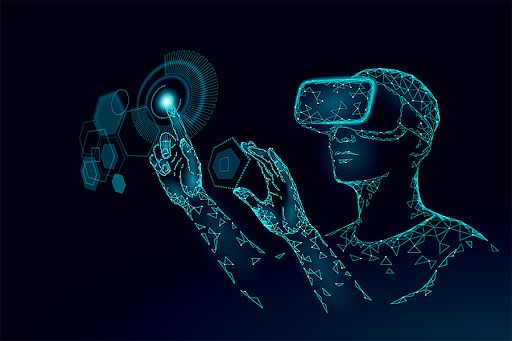
In the realm of technology, one innovation stands out as a gateway to extraordinary experiences—Virtual Reality (VR). This transformative technology has https://www.ctnewswire.com/ transcended the boundaries of traditional interaction, offering users a journey beyond imagination and redefining the way we perceive and engage with the digital world.
Understanding Virtual Reality
Virtual Reality refers to a computer-generated environment that simulates a three-dimensional space, providing users with a fully immersive and interactive experience. Through the use of specialized hardware, such as VR headsets and motion controllers, individuals can step into virtual worlds that mimic reality or transport them to fantastical realms.
Immersive Experiences Across Industries
While VR is often associated with gaming, its applications extend far beyond the realm of entertainment. Industries such as healthcare, education, architecture, and training have embraced VR to create realistic simulations and immersive experiences. Medical professionals can practice surgeries in a risk-free virtual environment, students can explore historical landmarks, and architects can walk through virtual models of their designs.
Gaming and Entertainment
In the gaming landscape, VR has ushered in a new era of immersion. Players are no longer mere observers; they are active participants in virtual worlds. The ability to look around, interact with objects, and experience a sense of presence has elevated gaming to unprecedented levels. VR has also revolutionized the way we consume entertainment, allowing us to be part of the story rather than passive viewers.
Virtual Reality in Education
Education is undergoing a transformation through the integration of VR. Students can take virtual field trips, conduct science experiments in a simulated environment, or learn complex concepts through interactive simulations. VR brings abstract ideas to life, making learning engaging and memorable.
Healthcare and Therapy
In the healthcare sector, VR has proven to be a valuable tool for both medical professionals and patients. From therapeutic applications for mental health to surgical simulations for training, VR is enhancing the quality of healthcare delivery. It provides a safe space for exposure therapy and rehabilitation, demonstrating the versatility of the technology.
Challenges and Future Developments
While VR has made significant strides, challenges such as the cost of hardware, motion sickness, and the need for more compelling content still exist. However, ongoing advancements in hardware technology, the development of more immersive experiences, and the potential for augmented reality (AR) integration indicate a promising future for VR.
Social Impacts and Connectivity
VR has the potential to reshape the way we connect with others. Virtual meetings and social gatherings in VR spaces offer a sense of presence and interaction that goes beyond traditional video calls. As the technology evolves, we may witness a shift in how we collaborate and socialize in the digital realm.
Conclusion
Virtual Reality has transcended its status as a futuristic concept and has become an integral part of our technological landscape. Its ability to create immersive experiences across diverse fields underscores its potential to revolutionize how we learn, play, and connect. As VR continues to evolve, it promises to unlock new dimensions of possibility, inviting us to explore the extraordinary within the realms of the virtual.